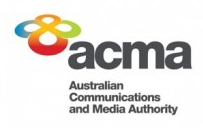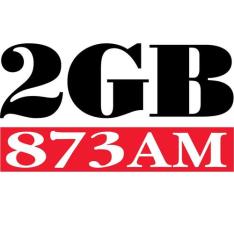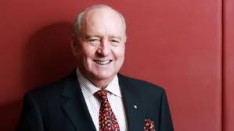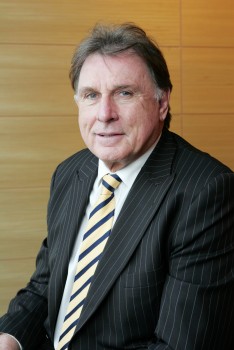2GB licensees take ACMA to court in bid to force reviews of two Alan Jones investigations
 The licensee of top rating Sydney radio station 2GB Radio has taken the Australian Media and Communications Authority (ACMA) to court claiming the watchdog has “overridden” agreed processes to launch two investigations into the network.
The licensee of top rating Sydney radio station 2GB Radio has taken the Australian Media and Communications Authority (ACMA) to court claiming the watchdog has “overridden” agreed processes to launch two investigations into the network.
Harbour Radio claimed in Sydney’s Federal Court yesterday that the ACMA used the wrong section of the Broadcasting Services Act to investigate the radio station, incorrectly overriding provisions in the Codes of Practice drawn up by the industry and the ACMA.
 The broadcaster is using the legal loopholes to seek a review of two investigations by the ACMA into comments made by breakfast host Alan Jones, one regarding a climate change story and the other around claims about a Queensland businessman.
The broadcaster is using the legal loopholes to seek a review of two investigations by the ACMA into comments made by breakfast host Alan Jones, one regarding a climate change story and the other around claims about a Queensland businessman.
The ACMA rejects the claims and insists the investigations were within its power and correctly administered.
Both cases date back to broadcasts by Jones in 2013. The first case relates to remarks he made about climate change following what had already been found to be incorrect reports in The Australian.
The Australian had repeated a story, first covered by the UK’s Mail on Sunday, claiming the Intergovernmental Panel on Climate Change (IPCC) had drastically overestimated the extent of global warming and exaggerated rising temperatures. But the report was found to be incorrect, with several newspapers forced to issue retractions and a ruling made against The Australian by The Press Council.
Jones, a climate change sceptic, picked up the story with the station subsequently receiving complaints. The ACMA has ruled on the case, but its findings have not yet been published due to the legal proceedings.
The second case relates to allegations Jones made about Toowoomba businessman John Wagner, which also prompted a complaint, although the investigation into the issue has not been completed and no ruling made.
It is not the first time ACMA has probed 2GB over climate change comments made by Jones. In 2012, after “wide ranging and unusually complex investigations”, the media watchdog found the station failed to try hard enough to ensure his statements on climate change were accurate.
As part of the ruling, Harbour Radio agreed to review its procedures and establish closer supervision of its production teams to ensure what is broadcast is accurate.
In the Federal Court yesterday, Kate Eastman SC, acting for Harbour Radio, and presiding judge Justice Buchanan, pored over definitions, sections and subsections of the 1992 Broadcasting Services Act (BSA), Code of Practice and ACMA Act as Eastman argued ACMA had bypassed the correct processes and instead investigated 2GB under section 170 of the BSA.
While accepting Justice Buchanan’s assertion that 170 does provide powers to ACMA, it was incorrectly applied in both cases, Eastman said.
The “proper source of power” is under section 149 of the BSA, which is sparked by meeting requirements under section 148 of the BSA, she said.
“There is one core issue and it’s central to both proceedings,” Eastman told the court. “It’s a simple question of statutory construction. It’s the construction of section 148 and 149 on one side and 170 on the other side.
“We say that 148 and 149 are set up as an exclusive code of investigation of complaints about the operation of the codes of practice.”
She later added: “You cannot allow 170 to do what you cannot otherwise do for 148 and 149 purposes.”
Macquarie Radio Network executive chairman Russell Tate described the Federal Court action as a matter of principle.
Clarifying the legal action, the station said in a statement the ACMA “has used its own s170 investigation powers under the Broadcasting Services Act to override the provisions of the Code relating to complaints handling”.
Tate said: “We are concerned that the process established and agreed between ACMA and the industry under our Codes of Practice is not being observed.
“If ACMA can override those agreed processes at its own discretion, and pick and choose complaints to further investigate regardless of their compliance with the Code, then broadcasters have no certainty in how to deal with the many communications we all receive from listeners.
“On our view, this is unworkable and places a great deal of administration and financial burden on broadcasters, particularly when compared to unregulated industries such as the print media and online.”
The case continues
Steve Jones






An awful lot of money being spent here to prop up AJ’s ego!
User ID not verified.
The ACMA is so politically obvious; it should be elected on a two party preferred basis at every Federal Election.
User ID not verified.